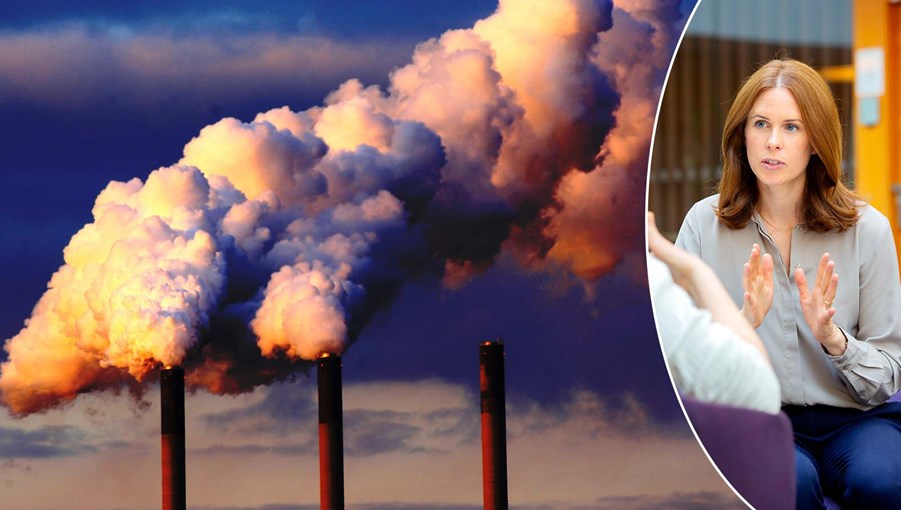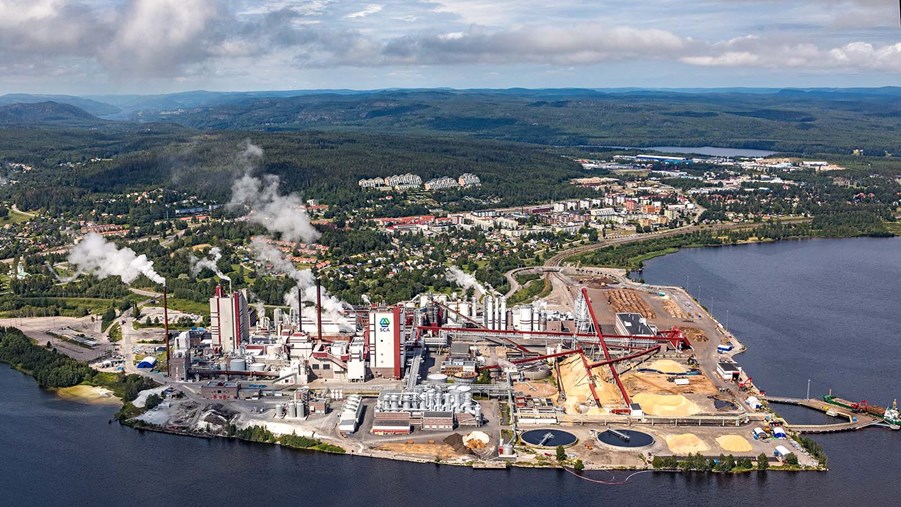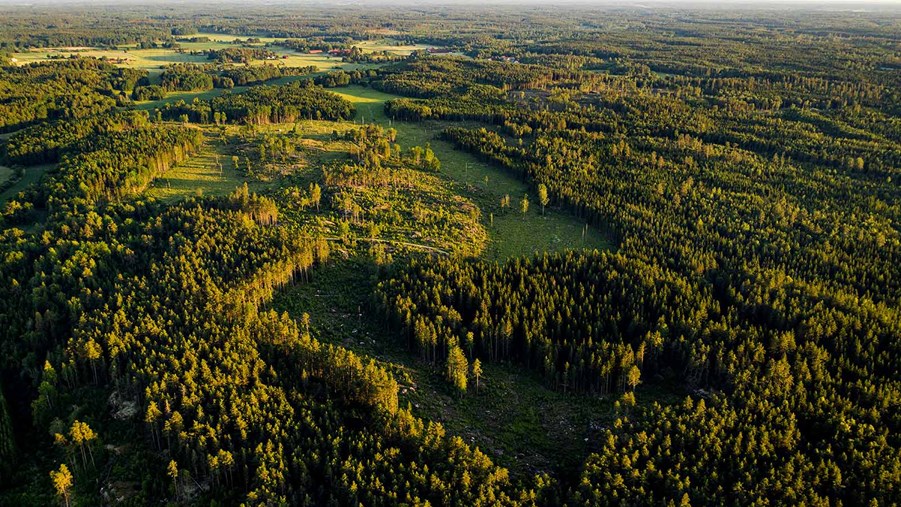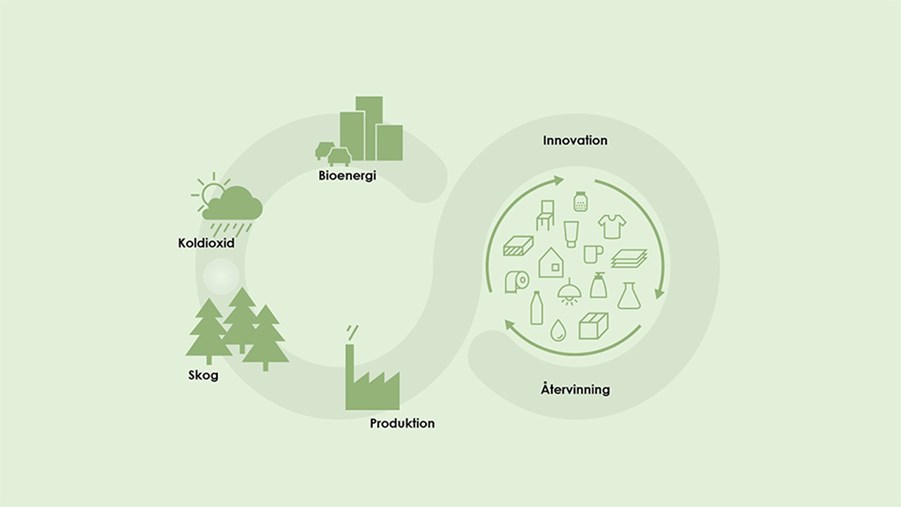
The EU Commission has adopted a plan on how to increase removals of carbon from the atmosphere. This is partly to be done by promoting industrial solutions to remove, recycle and use carbon. The Communication on Sustainable Carbon Cycles has been greeted favorably by many, but concerns have also been raised.
“Carbon needs to be removed from the atmosphere, and the EU Commission has some good proposals on how to go about it. But removing carbon should not be seen as a substitute to reducing fossil carbon emissions. The large reductions of fossil emissons that are needed cannot be achieved without sustainabable forest management and renewable products and energy”, says Emma Berglund, Forest Director, International and EU affairs, at the Swedish Forest Industries.
Active forest management needs to be ensured
SFIF stresses that measuers aimed at lengthening rotation cycles in forest and increasing set-aside areas do not provide the best climate change mitigation from forests. Such actions promote biodiversity values and are for that reason very important. However, apart from making renewable raw materials less available, the ageing of trees and closing of forest canopies leads to declining forest growth and capacity to remove carbon. According to the EU Commission, this is already a problem in Europe.
“It’s good that the communication mentions sustainable forest management and afforestation as important tools for carbon removals from forests. Biodiversity protection should be combined with practices that enhance forests capacity to mitigate climate change by absorbing carbon from the atmosphere”, says Emma Berglund.
Reducing emissions should be the main goal
“We welcome the development of technology and legal framework for Bio-CCS/-CCU, but it is not sound climate policy to send the signal that industry emissions should be offset by these actions. More focus should be on reducing fossil emissions in the whole production chain”, says Emma Berglund.
She believes strongly that renewable raw materials are necessary for the EU to reach its climate targets. They are needed to substitute fossil-based products and energy, thereby reducing carbon emissions.



